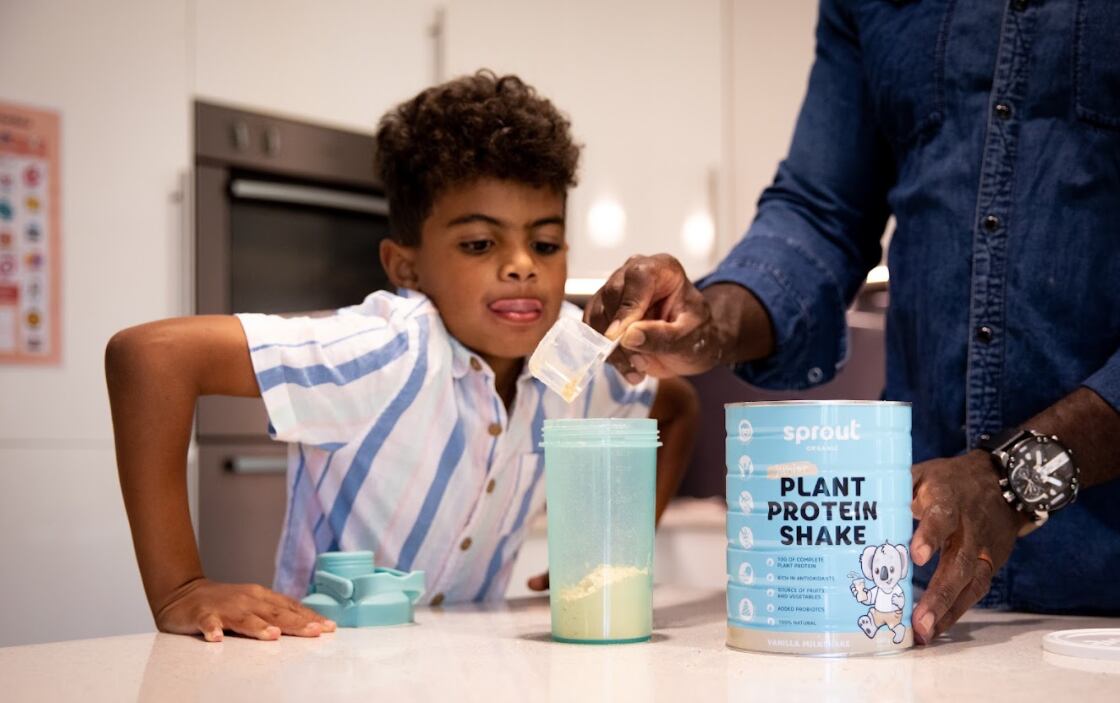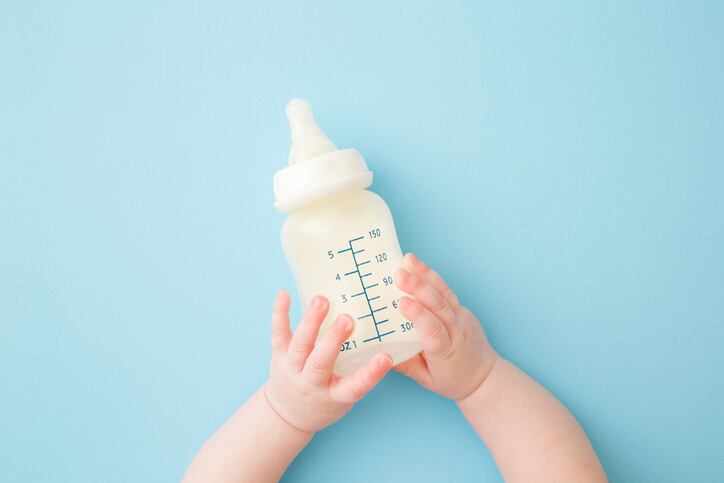This cross-sectional analysis was conducted using the Mintel Global New Products Database, which analysed 213 toddler foods for one to three-year olds.
Event though the the percentage of toddler meals and snacks classified as ultra-processed had decreased from 84% to 74% over time, academics maintain this figure is hugely concerning.
The second trend observed was the increase in the number of discretionary snack launches, often with on-pack claims indicating that they are healthy.
Writing in Nutrients, researchers from Deakin University in Australia, said: “While it is known that the food system has evolved over time, it is unclear how the nutrition profile and on-pack marketing of toddler foods has changed as a part of this.
“With real-world data on trends over time in the retail toddler food space in Australia lacking, the aim of this study was to determine the changes over time in the nutritional profile and on-pack claims in toddler-specific packaged foods launched in the Australian retail market.”
Data collection
The data was split into time quartiles, T1 represented 1996 to 2002, T2 from 2003 to 2008, T3 from 2009 to 2014, and T4 from 2015 to 2020 to explore the changes over time.
Toddler foods include baby biscuits and rusks, baby cereals, baby fruit products, desserts and yogurts, baby juices and drinks, baby savoury meals and dishes, baby snacks, and other baby food.
Products were classified into meals or snacks, core or discretionary, and level of processing (ultra-processed, processed or minimally processed).
The products were also analysed in terms of claims. According to the Food Standards Australia New Zealand (FSANZ) Food Standards Code, on-pack claims can be classified as “regulated” and “unregulated”.
Examples of regulated claims include no added sugar and calcium for strong bones, while unregulated claims include no added preservatives, all natural, certified organic, and perfect for small hands.
Findings
A total of 213 products were identified, of which 82% were snacks and the rest meals.
“Our results show that there were relatively more toddler-specific packaged foods (meals and snacks) launched onto the Australian retail market at each of the four time periods investigated, which shows an expansion of the toddler-specific food and milk markets over time,” researchers said.
In terms of ultra-processed foods, toddler meals and snacks classified as ultra-processed decreased over time, from 84% during T2 to 83% in T3 and 74% in T4.
While this may indicate that manufacturers are acknowledging and reformulating their products to become healthier, researchers say that 74% is still a large proportion.
Findings also revealed an increase in discretionary snacks launched over 25 years.
More toddler-specific snack foods were launched during T3 and T4 than in T1 and T2. The percentage of discretionary snack foods increased at each time point from T2 to T4.
The harmful effects of such diets on the paediatric population have been documented.
Researchers explained: “At a young age, the normalisation of ultra-processed and discretionary foods, which are often salty, fatty, or sweet, and homogenous in texture can have detrimental impacts on the formation of eating behaviours, and can have ongoing effects on diet and health. Instead, young children should be exposed to a variety of tastes, flavours, and textures in the critical early years to develop healthy eating habits.”
In terms of claims, there was an increase in unregulated claims for both toddler meals and snacks overtime.
“Claims on food packaging have been shown to influence consumer purchasing and they can create an increase in health perceptions for many products. This can then mislead consumers, as unhealthy foods can appear healthier by their presence, for instance, by only making claims about positive nutrient characteristics such as low sugar or low sodium, while being high in nutrients of concern like being low-sugar but actually having a high sodium content,” researchers said.
Recommendations
Currently, Australian food regulation permits the use of nutrient content claims on all foods, regardless of the overall nutrition profile or the level of processing.
The researchers argued that changes are needed: “This includes stringent and clear labelling regulations for on-pack claims, clear guidelines to reduce the number of ultra-processed foods being marketed for toddlers, and compositional guidelines for foods made for toddlers.”
Source: Nutrients
https://doi.org/10.3390/nu14010163
“The Nutritional Profile and On-Pack Marketing of Toddler-Specific Food Products Launched in Australia between 1996 and 2020”
Authors: Jennifer R. McCann, et al.




